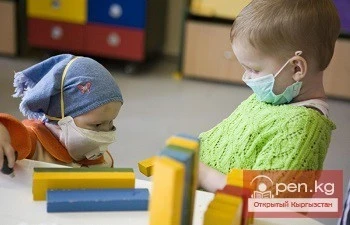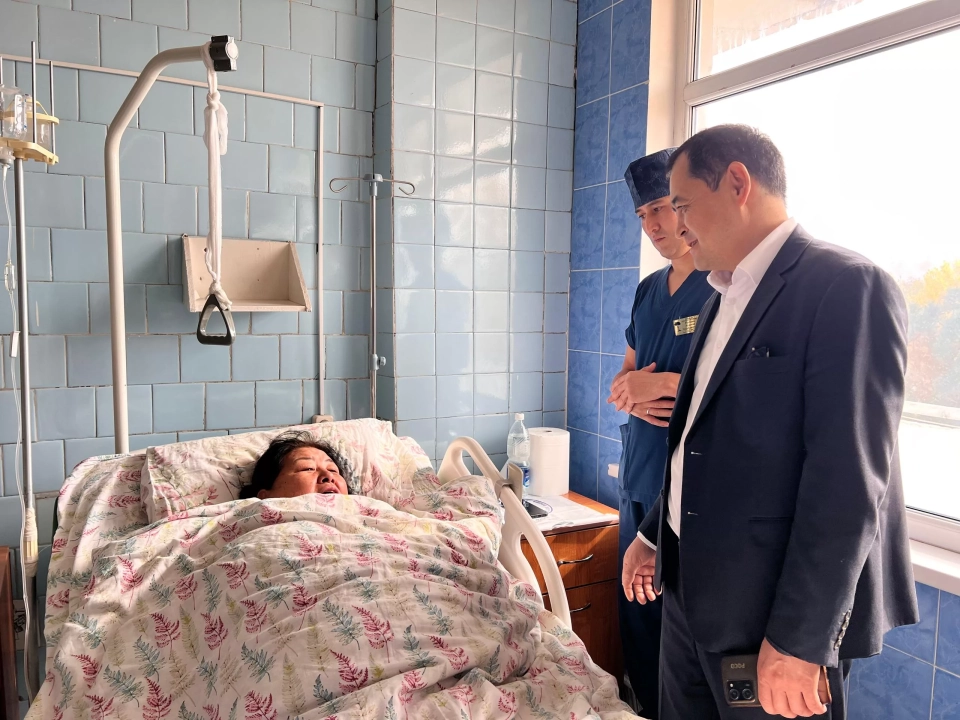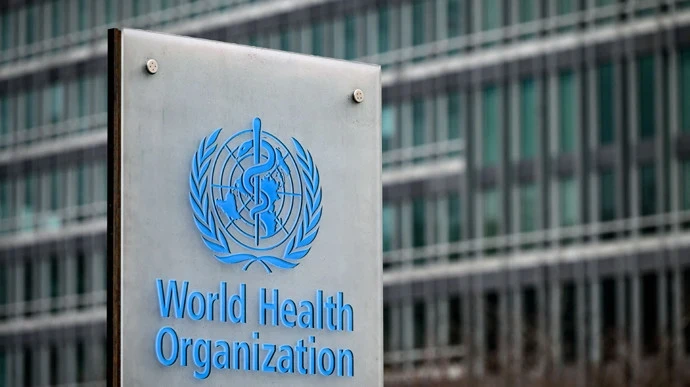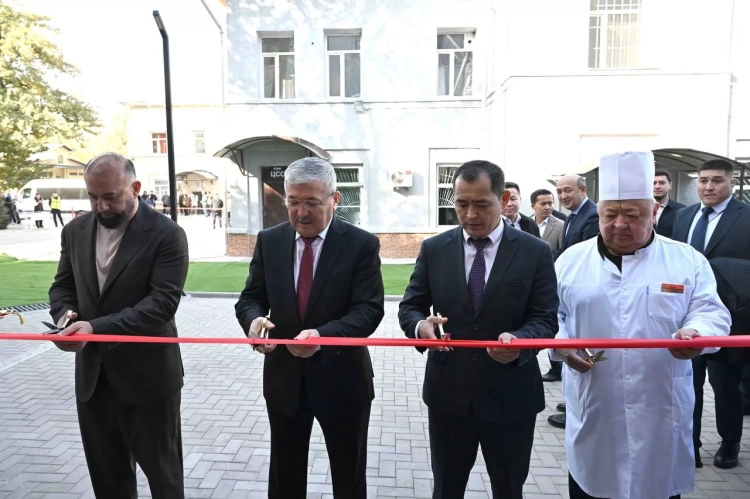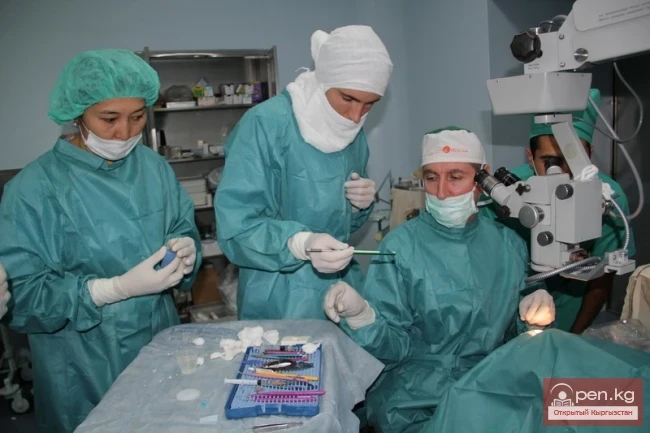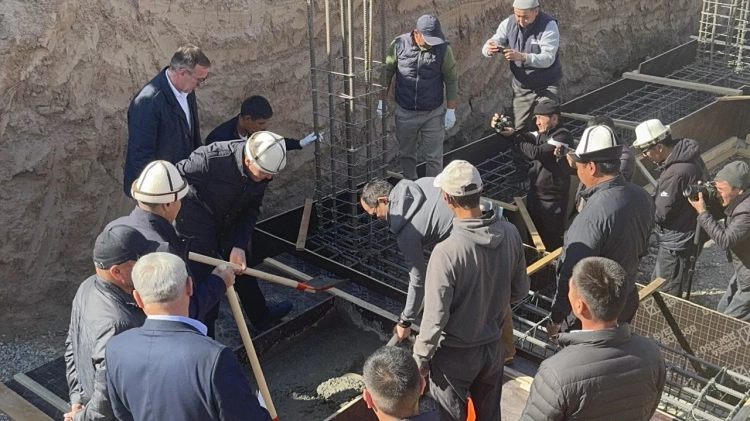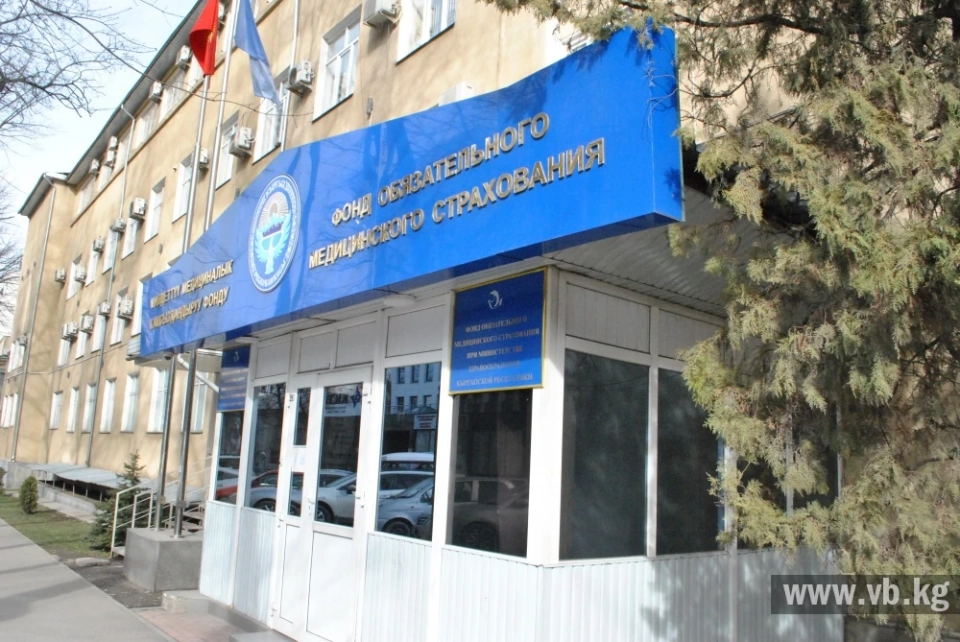
A candidate of pharmaceutical sciences and co-chair of the Association of Palliative and Hospice Care of Kyrgyzstan, Milana Turgunalieva, discussed the importance of creating an effective palliative care system in the country in an interview on Birinchi Radio. She noted that this area of medicine, which focuses on supporting patients with incurable diseases, is one of the most humane.
Turgunalieva emphasized that palliative care includes not only medical but also emotional support for patients suffering from serious illnesses such as cancer, severe forms of diabetes, tuberculosis, and HIV. “Palliative care helps alleviate suffering, as about 80% of such patients face severe chronic pain. When pain is relieved, patients become more communicative and can interact with those around them. A dying person should not be left alone – they need the support of loved ones,” she added.
According to Turgunalieva, palliative care is just beginning to be integrated into the healthcare system in Kyrgyzstan. Research by international experts shows that approximately 20,000 adults and 8,000 children need such support annually. However, there is a shortage of institutions providing this care in the country. Currently, only the "Maksat" center and several departments in the National Center for Oncology and Hematology, as well as in the Osh branch, are operational. Available children's hospices are only offered in a private format.
The specialist also pointed out the problem of a shortage of opioid analgesics necessary for effective pain relief. In Kyrgyzstan, only about 40 pharmacies are authorized to dispense them. Turgunalieva noted that there is a phenomenon known as morphinophobia – the fear of doctors and patients regarding the prescription of narcotic analgesics, which is exacerbated by insufficient training and information in this area. Many patients are forced to travel long distances to obtain the necessary medications.
Nevertheless, she mentioned positive trends. The Ministry of Health is developing a new procedure for providing palliative care, which is being created in collaboration with the Association of Palliative and Hospice Care and other agencies. “This document defines how palliative care should be provided at all levels of the healthcare system. For example, family doctors should be able to prescribe painkillers and alleviate suffering symptoms when possible,” Turgunalieva explained.
It is also planned that palliative care beds will be established at the district level so that patients can stay in the hospital if necessary. Turgunalieva added that specialized departments and centers will be created at a higher level where chemotherapy and other types of therapy can be conducted.
“The project has already been submitted to the Cabinet of Ministers for consideration. I am confident that after its approval, the healthcare system will begin to actively develop in this direction,” she concluded. Additionally, to improve the accessibility of pain relief medications, changes have been made to prescription regulations: they are now valid for one month, which significantly eases the task for patients who have to travel long distances to obtain medications. “I hope that step by step we can improve the provision of palliative care,” Milana Turgunalieva summarized.
